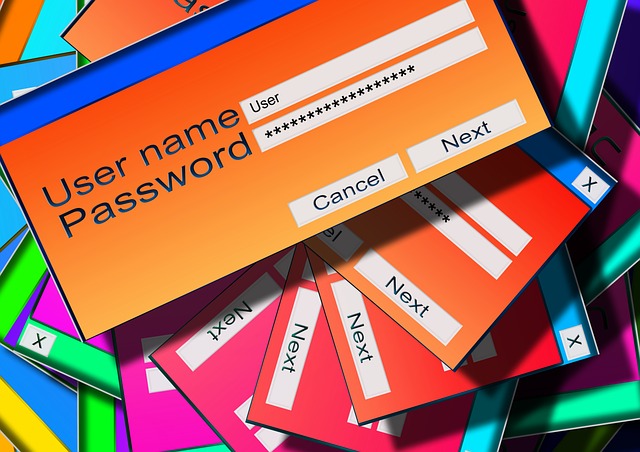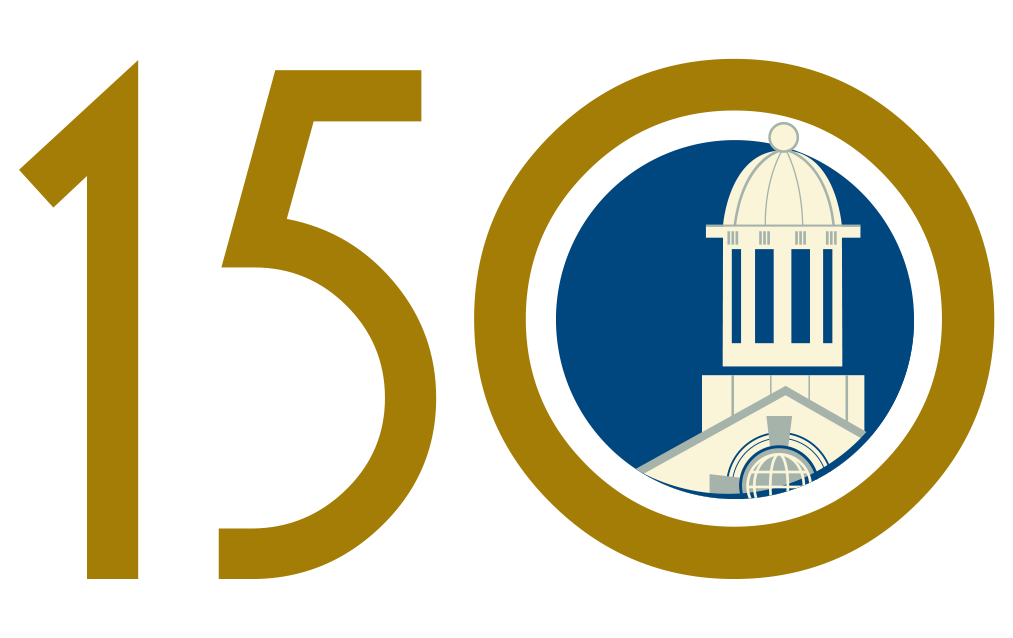Public computers
The library has 12 general use computers in the Reference Area, 12 computers in the Teen Room, and 2 stand-up express PCs just outside the Teen Room. In addition, the Children's Room has 4 general use computers and 6 Early Literacy Stations. Throughout the building are catalog lookup stations. In the Reference Area are also two computers connected to ScanPro devices for viewing and exporting microforms, as well a digitization station for digitizing VHS cassettes, vinyl LPs, photos, negatives, and slides.
Some facts about the computers
- They have Intel Core i7 processors.
- They have 16 GB of memory (RAM).
- They have the following ports located in the front of the PC: microphone jack, headphone jack, four USB ports.
The PCs include the following software:
- Windows 10 Professional
- Microsoft Office 2019 Professional
- Word 2019
- Excel 2019
- Publisher 2019
- PowerPoint 2019
- Adobe Reader
- iTunes
- VLC Media Player
- Audacity
- Google Chrome
Wi-Fi at the library
Memorial Hall Library offers wireless network (Wi-Fi) access to the library's internet service. When you use the internet in the library you are accepting the library's Internet Access Policy (Acceptable Use Policy). Please take the time to read the policy before accessing the network.
Where you can pick up a wireless signal
Most of the building, including the roof deck and patio, will pick up a strong Wi-Fi signal. The steel shelving used by the library interferes with the signal, so some spots deep in the stacks by receive a weaker signal.
If you want to print...
You can print from virtually any internet connected computer or device to our printer by visiting http://mhl.org/webprint. Mobile printing apps for for most smart phones and tablets are also available.
If you want to email over Wi-Fi...
If you are using a web-based email service (Hotmail, Yahoo, etc.), you will be able to send emails. If you are using a client-based SMTP server, you may be able to receive mail but NOT send. Sending email using an email client (e.g. Microsoft Outlook) is blocked for security reasons.
How safe is Wi-Fi?
The internet is a public communications network, which means that there can be untrusted parties between you and anybody you communicate with. Wi-Fi unplugs the internet and makes personal security risks more visible. Wi-Fi poses the same risks to your personal information that a wired network poses, as well as some new risks. Wi-Fi users need to educate themselves about these risks, and take steps to secure their personal information. Cautious Wi-Fi users may choose not to transmit their credit card information and passwords while using any Wi-Fi "hotspot," including the library's. The library cannot ensure the safety of your data when you use either our wired or wireless internet access. See Your Privacy and Confidentiality at MHL.
Wireless technical information
Most laptops and devices will connect to the library's WiFi automatically. If yours does not, you might need to check the following in your configuration:
- The "Service Set Identifier" (SSID) should be set to "MHL-Library". Wherever your software ask for a "name" or "wireless area" or "access point name" insert "MHL-Library"
- The "Wireless Mode" should be set to "Infrastructure" (not "ad hoc").
- Most wireless software has an indicator that tells you a signal is being received. Make sure the link quality and signal strength are both at least "good." If not, move about the room to a location that has a stronger signal.
- If you cannot access the internet, you may need to try temporarily disabling any firewall software you may have running.
- Note that our wireless setup does not support VPN connections.
The library cannot assist you with your laptop, card, or configuration. The library cannot accept the liability of handling your equipment.
